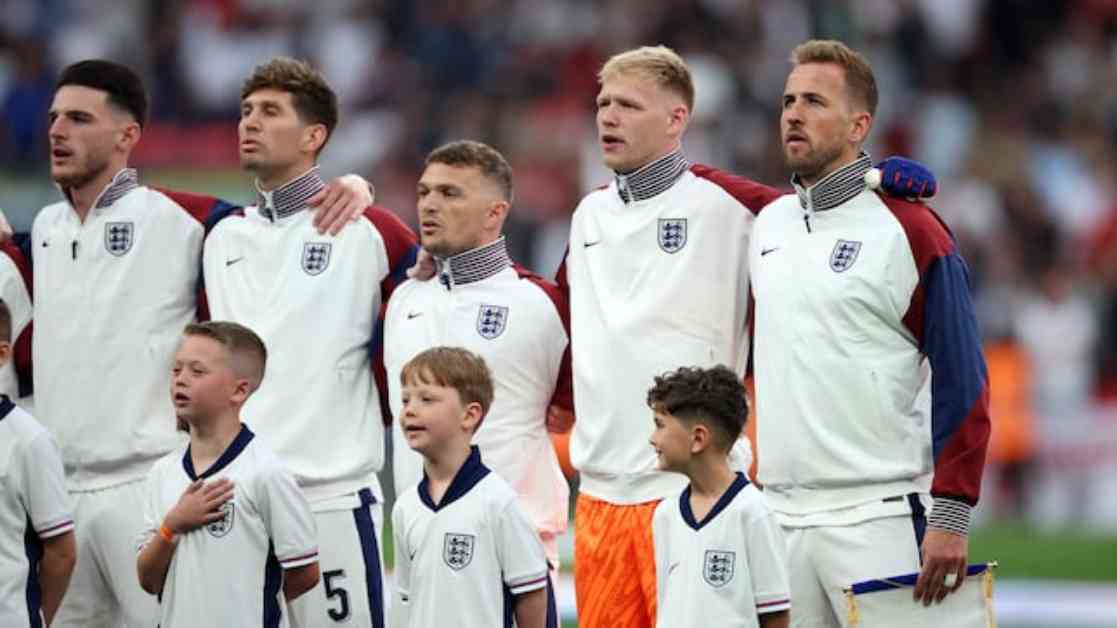The UEFA European Championship is a time when countries come together to compete for the title of the best team in Europe. Each nation that qualifies for the tournament has its own team, except for the “home nations” – England, Scotland, Wales, and Northern Ireland. These nations have individual teams, rather than a combined United Kingdom team, although they do unite for the Olympic Games.
Unlike many other countries, the UK does not have a single team competing at Euro 2024. Most countries are required to compete as one, even if they have regions that would prefer to field their own teams. For example, the current Spanish team has players from Catalunya who may want their own team separate from Madrid. FIFA’s rules prevent this, but there are exceptions for places like Puerto Rico, Gibraltar, and French Guiana.
The national anthem of the UK is “God Save The King,” which is also the anthem for Scotland, Wales, England, and Northern Ireland. However, only England and Northern Ireland choose to sing it at their soccer matches. This choice has political implications, especially since England does not have its own devolved government like the other nations in the UK.
Many England fans would prefer to have a specifically English anthem, such as “Land of Hope and Glory” or “Jerusalem,” rather than “God Save The King.” In a 2014 poll, these songs were preferred by a majority of fans. However, the tune can be used by any part of the UK or even by Commonwealth nations where the monarch is the head of state, such as Canada or Australia.
The lyrics to “God Save The King” include a verse that is usually sung at matches. The song expresses a desire for the king to be victorious and for the country to be protected. It is a symbol of unity and strength for the nation.
Overall, the choice of national anthem for the England team at soccer matches is a topic of debate and controversy. While some fans support using “God Save The King,” others feel that a specifically English anthem would be more appropriate. The decision reflects the complex political and cultural landscape of the UK and its constituent nations.

